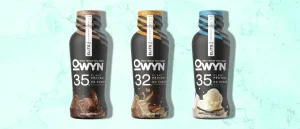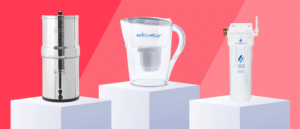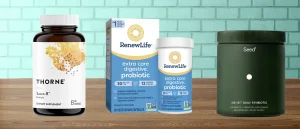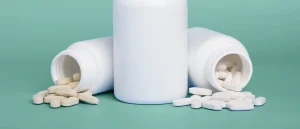Is David Beckham’s Unusual Hay Fever Home Remedy Worth Trying?
When hay fever symptoms like red, itchy eyes, runny nose, and constant sneezing hit, most of us run straight to the allergy aisle for over-the-counter meds. Soccer star (and F45 partner) David Beckham just revealed he has a more natural remedy.
The 47-year-old former Manchester United star credits honey with reducing his symptoms. In a GQ interview, a red eyed and sniffling Beckham admitted he’s developed hay fever. “The kids and my wife get it every year but this is the first time I’ve struggled with it,” he says.
But Beckham doesn’t just settle for store-bought honey—he makes his own. After building his own apiary during the pandemic, he created his own pharmacy right in the garden. “I’m making my own honey, which they say is one way of reducing symptoms,” Beckham adds.
The international star turned beekeeper has even hinted he might turn his hive into a honey biz, floating names like D Bee and Goldenbees.
“Beekeeping started as a fun hobby early in the lockdown,” a source close to Beckham told The Sun. “He can see the logic behind adding to his already impressive business portfolio with authentic, clean and natural brands, which is what people are after nowadays.”
Honey as a Hay Fever Remedy
Hay fever symptoms include itchy, red, and watery eyes, scratchy throat, runny or blocked nose, sneezing, and the occasional headache and congestion. Some experts say that honey may potentially curb symptoms, but it’s far from a slam-dunk cure.
Repeated exposure to small amounts of allergens can treat hay fever symptoms, according to the Mayo Clinic. Since honey contains small amounts of flower pollen (an allergen), this idea lends credence to the old wive’s tale. However, studies have failed to duplicate results during clinical trials, so for now, honey may just be a placebo, the Mayo Clinic adds.
Celebrity
The Asthma and Allergy Foundation of America (AAFA) gives honey a hard pass for allergies. Bees gather pollen from brightly colored flowers, notes the AAFA, but these pollens aren’t the same pollens that cause your allergies.
Also, when bees digest their food to make honey, it altars the pollen proteins. When you eat honey, your gut also breaks down and removes pollen. Meaning, it’s impossible to eat enough honey for your immune system to start becoming desensitized to it, per the AAFA.
Dave Stukus, M.D., Professor of Pediatrics and Director of the Food Allergy Center at Nationwide Children’s Hospital, made it clear in a tweet: “If honey contained pollen that causes allergies, it would create, not treat, symptoms.”
The old 'honey cures pollen allergies' gambit. Unfortunately, it does not. Easy explanation:
— Dr. Dave Stukus (@AllergyKidsDoc) December 30, 2019
-Bees collect pollen from flowers
-This is different pollen than what causes allergy symptoms
-If honey contained pollen that causes allergies, it would create, not treat, symptoms https://t.co/rO9heC99Bi
Treatments for Hay Fever
While honey may just be a nice addition to your nighttime tea, there are ways to tackle hay fever.
Allergy medications
Meds like antihistamines, decongestants, and corticosteroid nasal sprays can reduce inflammation, congestion, and improve hay fever symptoms.
Saline nasal sprays
These sprays add moisture to dry nasal passages and thin out mucus.
Acupuncture
This ancient practice is popular for reducing stress and inflammation, but one 2015 study suggests acupuncture is also an effective treatment for those suffering from hay fever.
Find the Right Filter
Eliminating dust, pollen, and other allergens from your home provides better filtration and less sneezing. The U.S. Environmental Protection Agency (EPA) recommends a high efficiency particulate air filter (HEPA filter) which can remove at least 99.97 percent of pollen, dust, and other particles.












